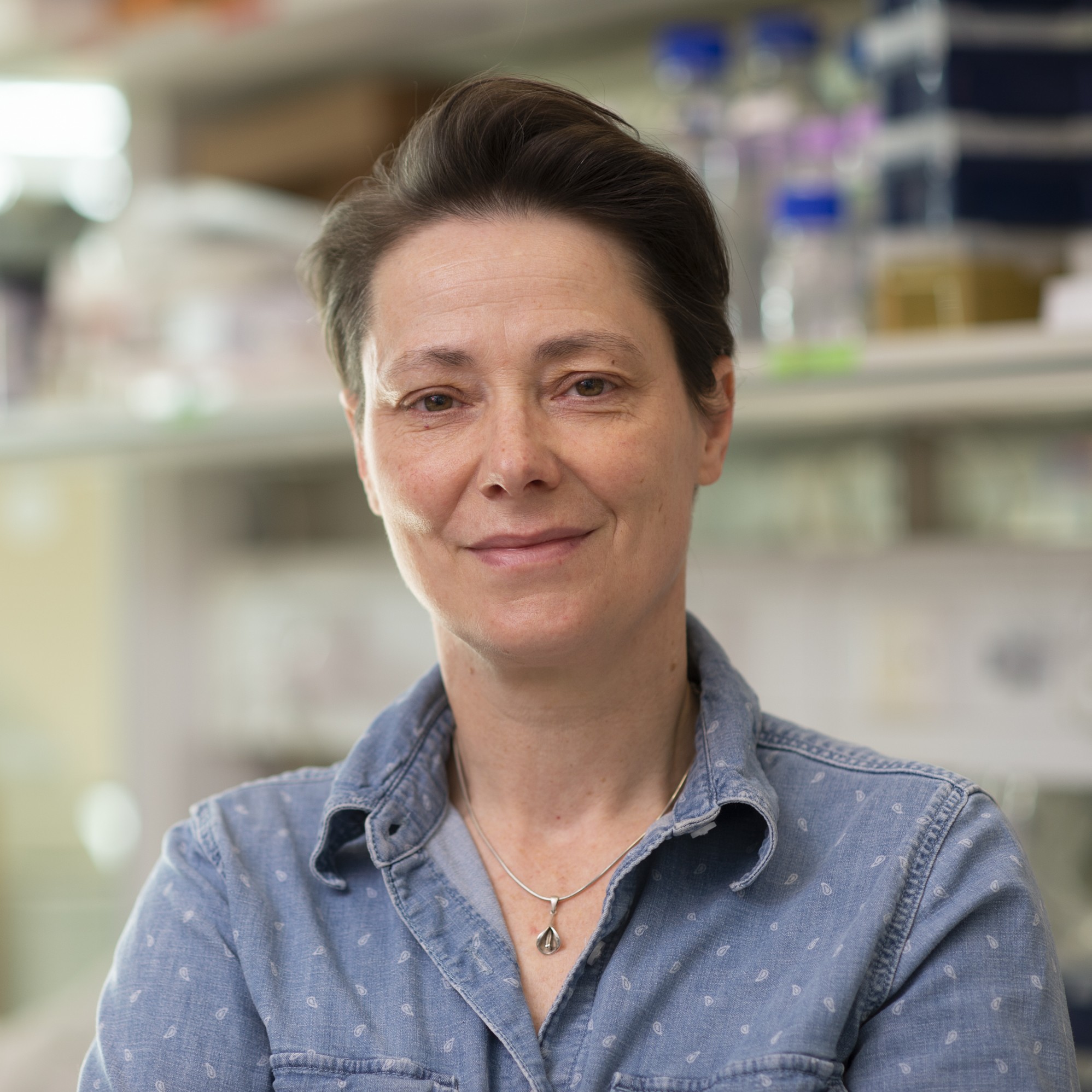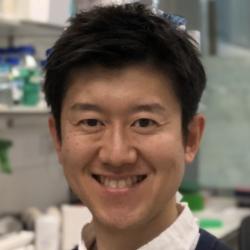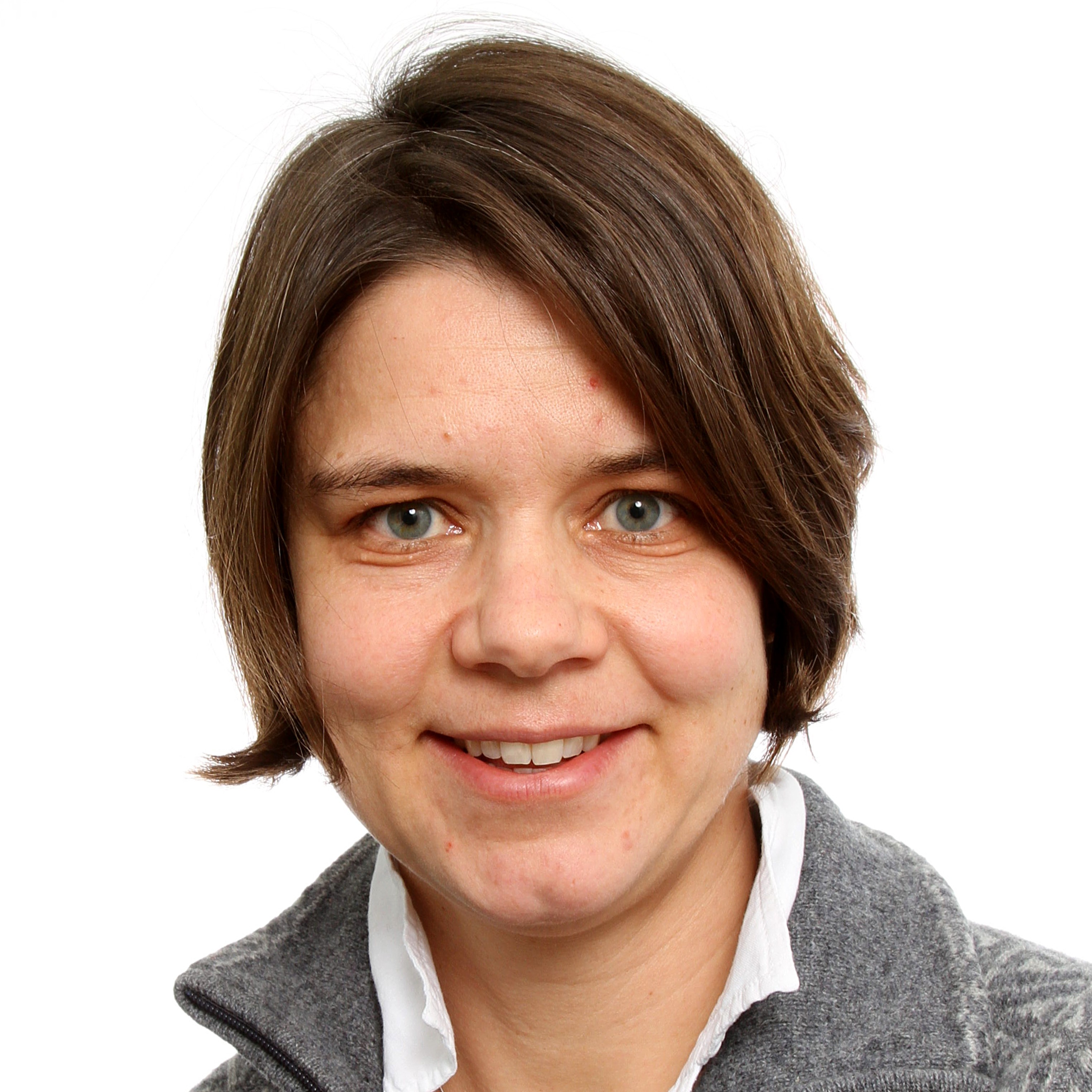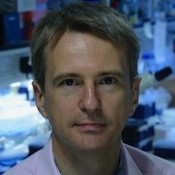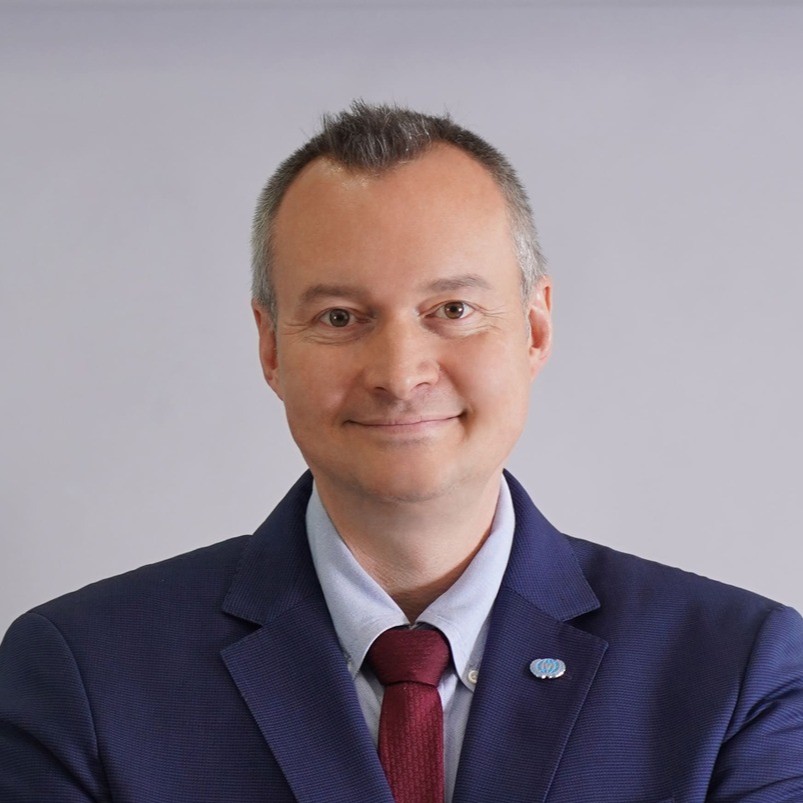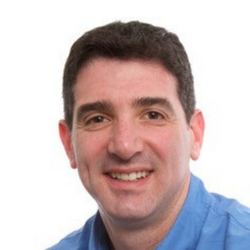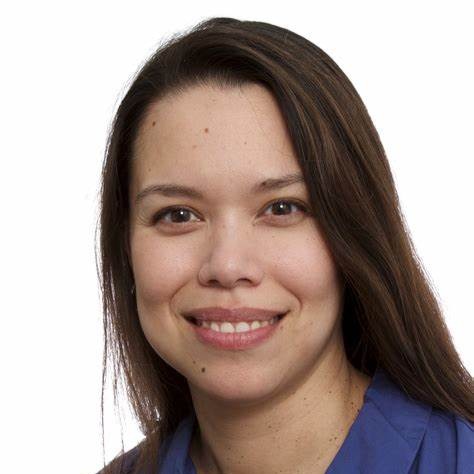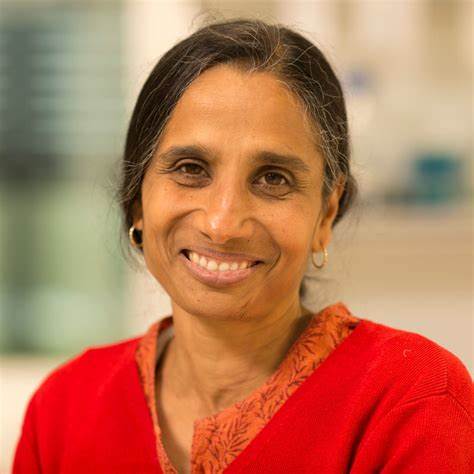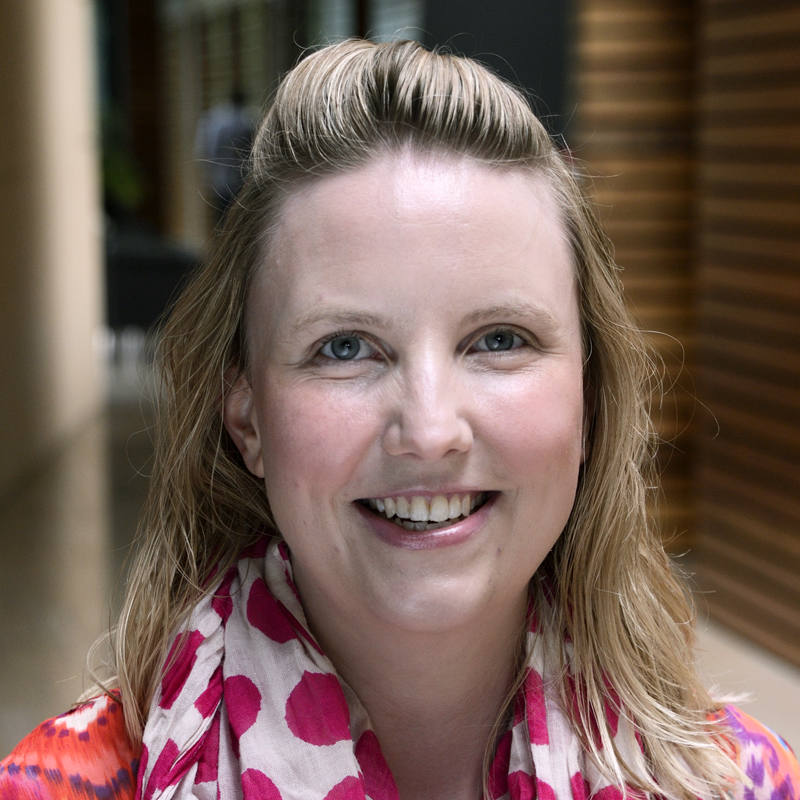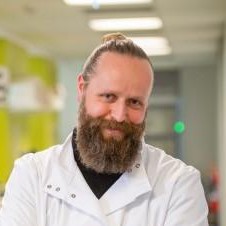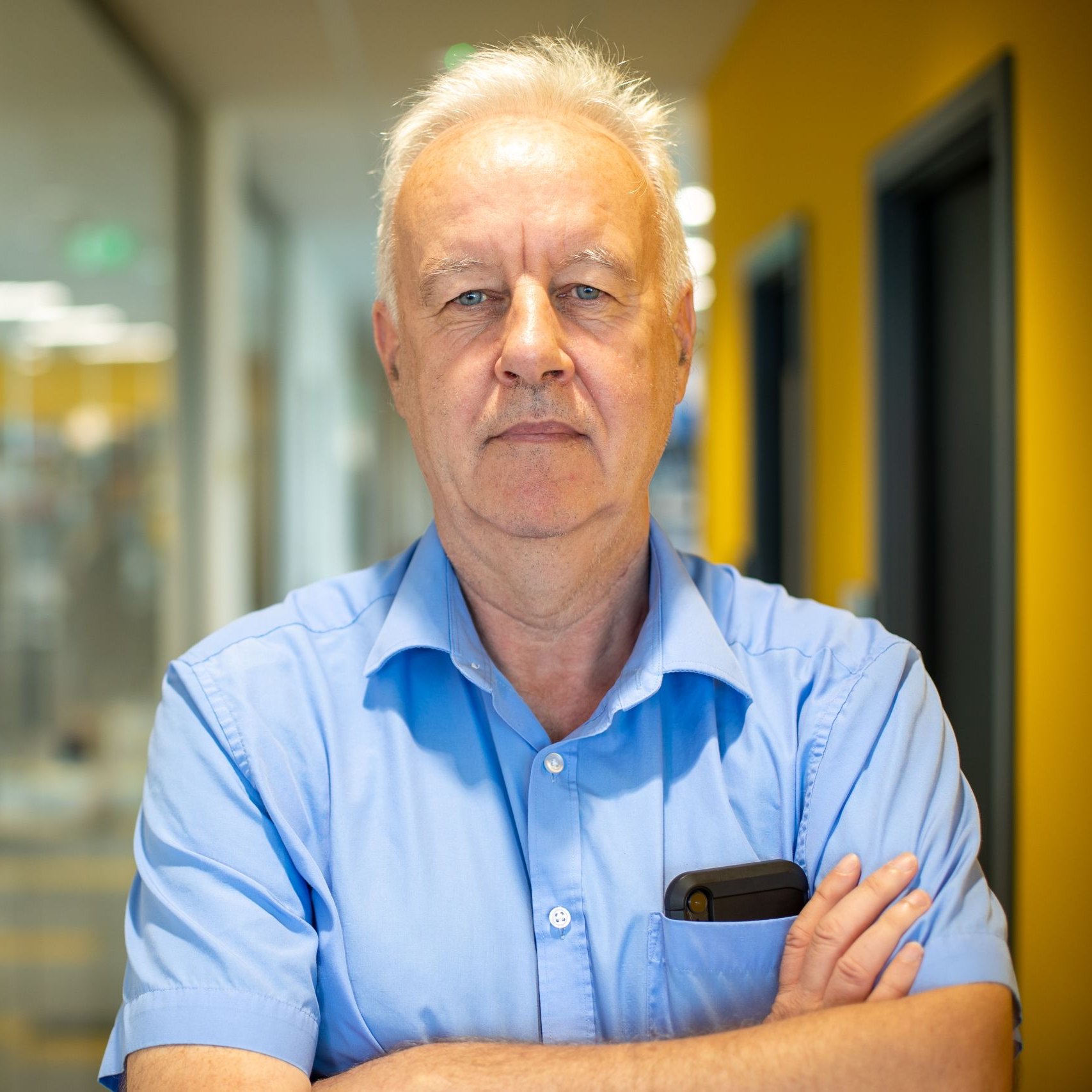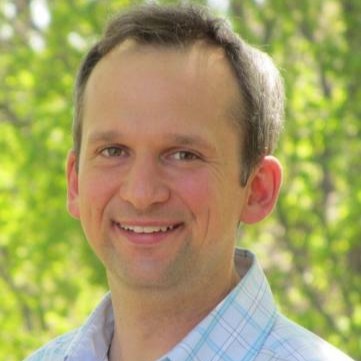|
Professor Menna Clatworthy FMedSciDirector, CITIID Professor of Translational Immunology Honorary Consultant Nephrologist, CUH NHS Foundation Trust |
Professor Matthew CookProfessor of experimental medicine Honorary consultant immunologist |
Professor Ravindra GuptaProfessor of Clinical Microbiology |
|
Dr Tetsuo HasegawaAcademic Rheumatologist Kennedy Trust Senior Research Fellow |
Professor Christoph HessProfessor of Experimental Medicine |
Dr David JayneDirector, Vasculitis and Lupus Service Professor of Clinical Autoimmunity |
|
Dr Nicole KaneiderWellcome Trust Clinical Career Development Fellow |
Professor Arthur Kaser FMedSciProfessor of Gastroenterology Honorary Consultant Physician |
Professor Paul LehnerProfessor of Immunology |
|
Dr Paul LyonsPrincipal Research Associate |
Dr Florian MarksPrincipal Research Associate Deputy Director General of IVI’s Epidemiology, Public Health and Impact (EPIC) |
Dr Nicholas Matheson |
|
Professor Eoin McKinneyProfessor of Clinical Autoimmunity Versus Arthritis Professor of Rheumatology |
Professor Yorgo ModisWellcome Trust Senior Research Fellow |
Professor James NathanWellcome Trust Senior Clinical Fellow |
|
Dr Virginia PedicordGroup Leader Sir Henry Dale Fellow |
Professor Lalita RamakrishnanProfessor of Immunology and Infectious Diseases |
Dr Suzannah RihnERC Senior Research Fellow |
|
Dr Rona SmithStaff Fellow |
Dr Anneliese SpeakPrincipal Scientist and Group Leader |
Professor David ThomasProfessor of Renal Medicine |
|
Dr Richard TimmsGroup Leader |
Dr Chris WallaceWellcome Trust Senior Research Fellow Head of Statistics, Diabetes and Inflammation Laboratory Honorary Programme Leader MRC Biostatistics Unit |
Dr Mark WillsDirector of Research
|
|
Professor Sam WilsonGlaxoSmithKline Professor of Microbial Pathogenesis |
|
|
Affiliate/Associate/Emeritus PIs
|
Professor Clare BryantProfessor of Innate Immunity Group Leader, HLRI |
Emeritus Professor Gordon DouganFMedSci, FRSHead of Pathogen Research Fellow Wolfson College |
Dr Ewan HarrisonSenior Research Associate Head of the Respiratory Virus and Microbiome Initiative Wellcome Sanger Institute |
|
Dr Felix RandowDirector of Research 'Molecular Immunology' Group Leader, MRC LMB |
Professor Michael WeekesProfessor of Viral Immunology Group Leader CIMR |

